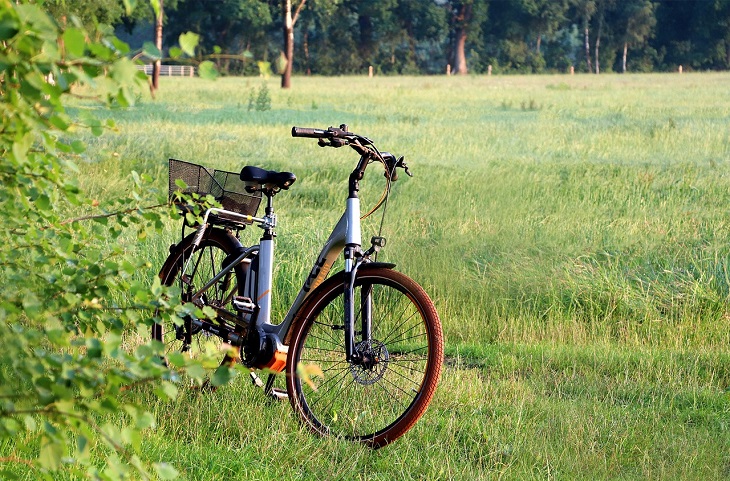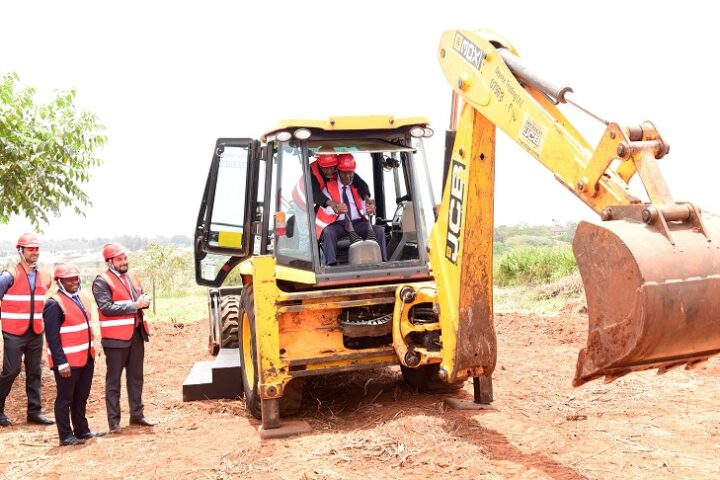In the heart of Sub-Saharan Africa, where urbanization is rapidly transforming, the conversation around urban mobility is more crucial than ever.
As our cities are expanding and grappling with the challenges of congestion, pollution, and the ever-growing demand for efficient transportation, the need for sustainable solutions becomes paramount. What’s the future of urban mobility in Africa? What are the challenges, opportunities, and transformative potential of electric bicycles?
Africa is experiencing unprecedented urbanization, with cities growing at an unprecedented rate. This urban shift, driven by a growing middle class and the rise of quick commerce, presents unique challenges.
The streets that were once designed for a different pace of life are now clogged with vehicles, leading to congestion, increased carbon emissions, and a strain on existing infrastructure. As we confront these challenges, it is now clear that a shift in urban mobility is not just a luxury but a necessity.
To envision the future of urban mobility in Africa, we must draw inspiration from global best practices. Cities worldwide are embracing sustainable transportation solutions to tackle congestion and reduce their carbon footprint. From bike-friendly initiatives in European cities to the promotion of electric vehicles in Asia, there is a wealth of knowledge to tap into.
One standout solution gaining traction globally is the integration of electric bicycles into urban transportation systems. Electric bicycles offer a clean, efficient, and accessible mode of transport. They have been proven to reduce congestion, decrease air pollution, and promote a healthier lifestyle. Cities like Amsterdam and Copenhagen have successfully incorporated these bicycles into their transportation networks, demonstrating the positive impact such solutions can have on urban living.
While global best practices serve as a guide, it’s crucial to recognize the unique needs of African cities. The challenges faced by Nairobi, Lagos, or Johannesburg differ from those of London or Tokyo. African urban landscapes demand solutions that are not only sustainable but also tailored to local realities.
This is where eBee’s electric bicycles come into play. Our commitment to providing affordable mobility for every occasion aligns with the varied needs of African cities. E-bicycles offer a flexible and economical alternative, especially in congested urban areas. They are not just a mode of transportation; they represent a shift towards a cleaner, greener, and more inclusive future.
E-bicycles have the potential to transform urban mobility in Africa by addressing multiple facets of the issue. First, they are a zero-emission mode of transport. As the world intensifies its focus on combating climate change, reducing carbon emissions from transportation becomes imperative. E-bicycles present a viable solution, offering an eco-friendly alternative to traditional fossil fuel-powered vehicles.
Secondly, eBee’s electric bicycles are designed for inclusivity. In a region where accessibility is often a challenge, especially for low-income communities, e-bicycles provide an affordable and accessible means of transportation. They can navigate through congested streets, providing a practical solution for the last-mile commute, a challenge many urban dwellers face.
Furthermore, our commitment to job creation contributes to the economic growth of the communities we operate. The electric bicycle industry is not just about sustainable transportation; it’s about fostering local economies and creating employment opportunities. Our vision extends beyond selling bikes; it’s about building a sustainable ecosystem that benefits both individuals and the broader community.
As we stand at the crossroads of urbanization in Africa, it’s clear that a comprehensive approach to urban mobility is needed. The future lies in embracing solutions that are not only environmentally responsible but also socially and economically inclusive. E-bicycles represent a step in this direction, offering a tangible and immediate impact on the challenges faced by African cities.
The future of urban mobility in Africa is both exciting and challenging. It requires a concerted effort from governments, businesses, and individuals to reshape the way we move within our cities. eBee Africa, through its electric bikes, stands as a beacon of sustainable urban mobility, contributing to a cleaner, healthier, and more connected future for African cities. As we navigate the complexities of urbanization, let us seize the opportunity to create a legacy of mobility that is not only efficient but also leaves a positive impact on our environment and communities.
Related Content: BasiGo Secures USD 5 Million Debt Facility To Deliver 100 Electric Buses In Kenya
Olivia Lamenya is the General Manager of eBee Africa













